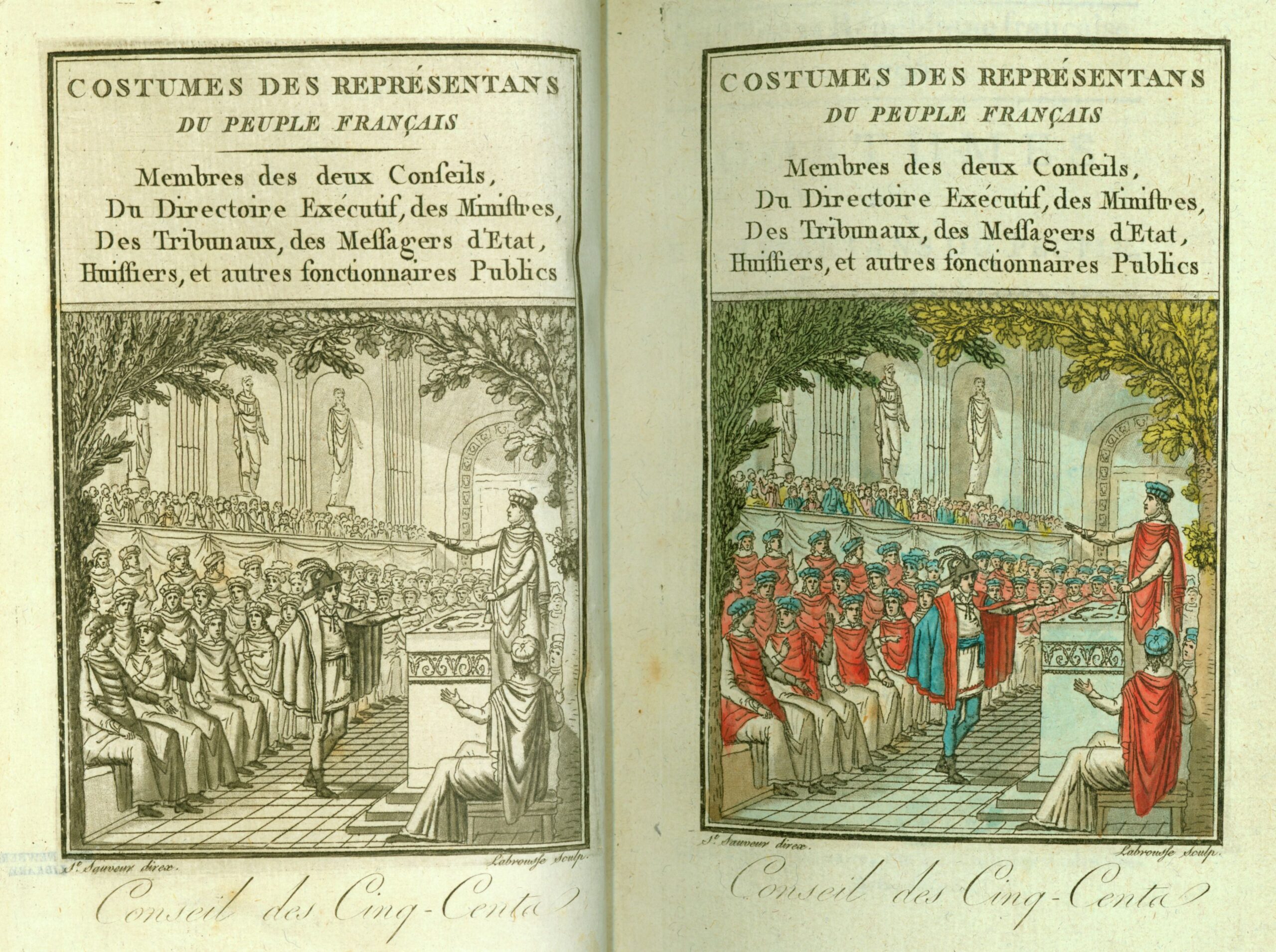
How did French people bring about—or resist—the transition from monarchy to republic during the Revolution? What did it mean to become a citizen of the new nation?
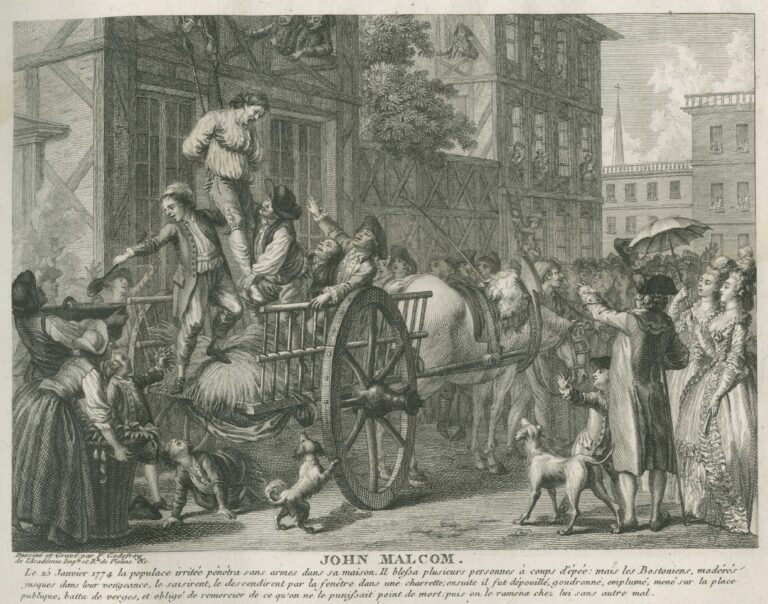
How did people interpret the events of the American Revolution in the eighteenth and nineteenth centuries? How did the meaning of the Revolution change over time? In what ways has the Revolution meant different things to different people at any given time?
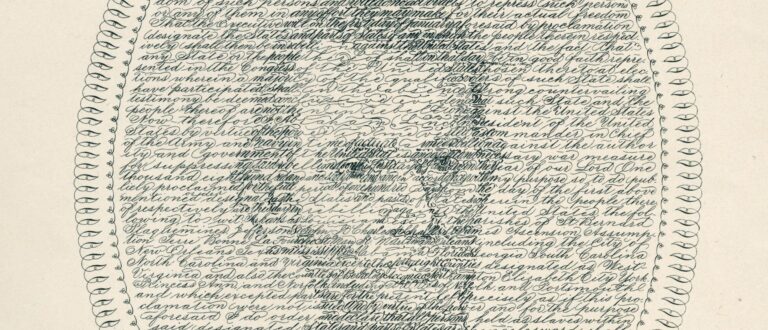
What were Lincoln's arguments against slavery? What distinctions did Lincoln and other white Northerners draw between ending the institution of slavery, saving the Union, and achieving racial equality? What feelings and concerns did writers and artists—both white and African American—express about the consequences of emancipation?
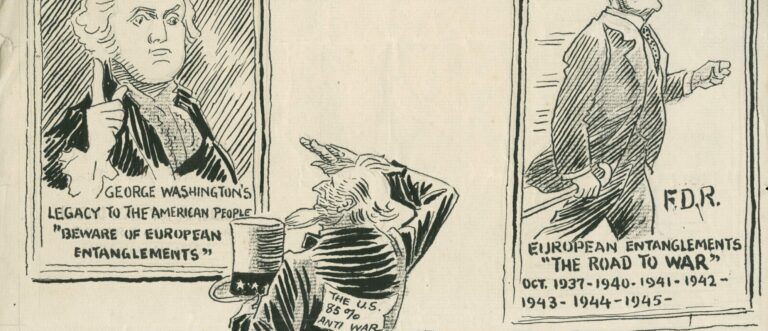
What reasons do writers and politicians give for protesting the authority of the federal government? Why do they perceive the State as a threat? How has anti-statist thought changed over time?
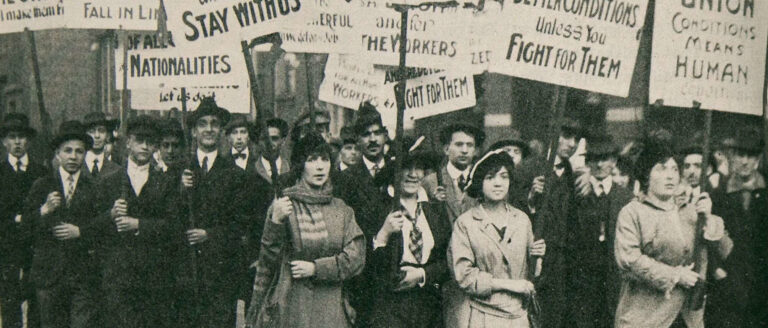
What were working conditions like in Chicago during the late nineteenth and early twentieth centuries? What efforts did workers make to change these conditions? How did industries—and the public—respond to their demands?

What is the history of political radicalism in Chicago from the 1880s through the 1950s? How did the government and the public respond to radical movements?
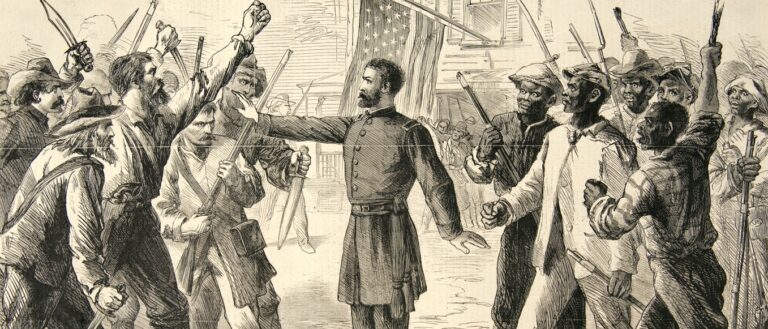
What arguments did writers make before the Civil War for the abolition of slavery? How did they frame their appeals in moral, social, political, and economic terms? How did the war’s purpose shift from “saving the union” to destroying slavery? What would freedom mean for former slaves, for Southern society, and for the nation as a whole, according to various writers both before and after the war?
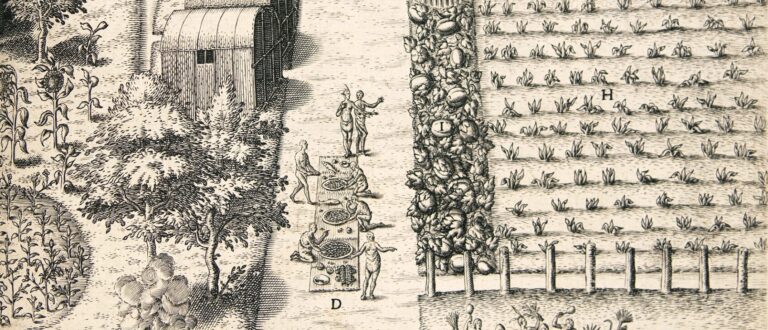
What is the historical and literary context for Shakespeare’s representation of Prospero’s island and its inhabitants? How did Renaissance writers and artists portray the European exploration of the Americas? How did that exploration inspire their visions of an ideal society?
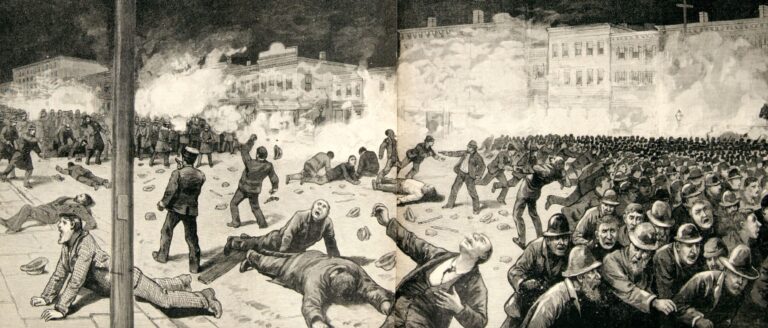
What forms has dissent taken in U.S. history? What is the role of dissent in a representative democracy?










